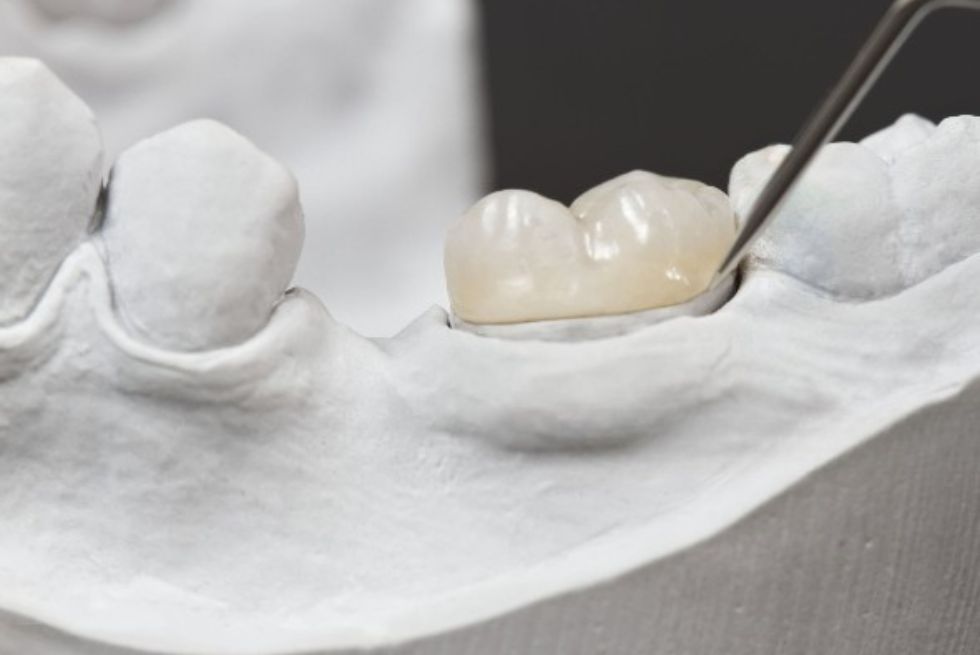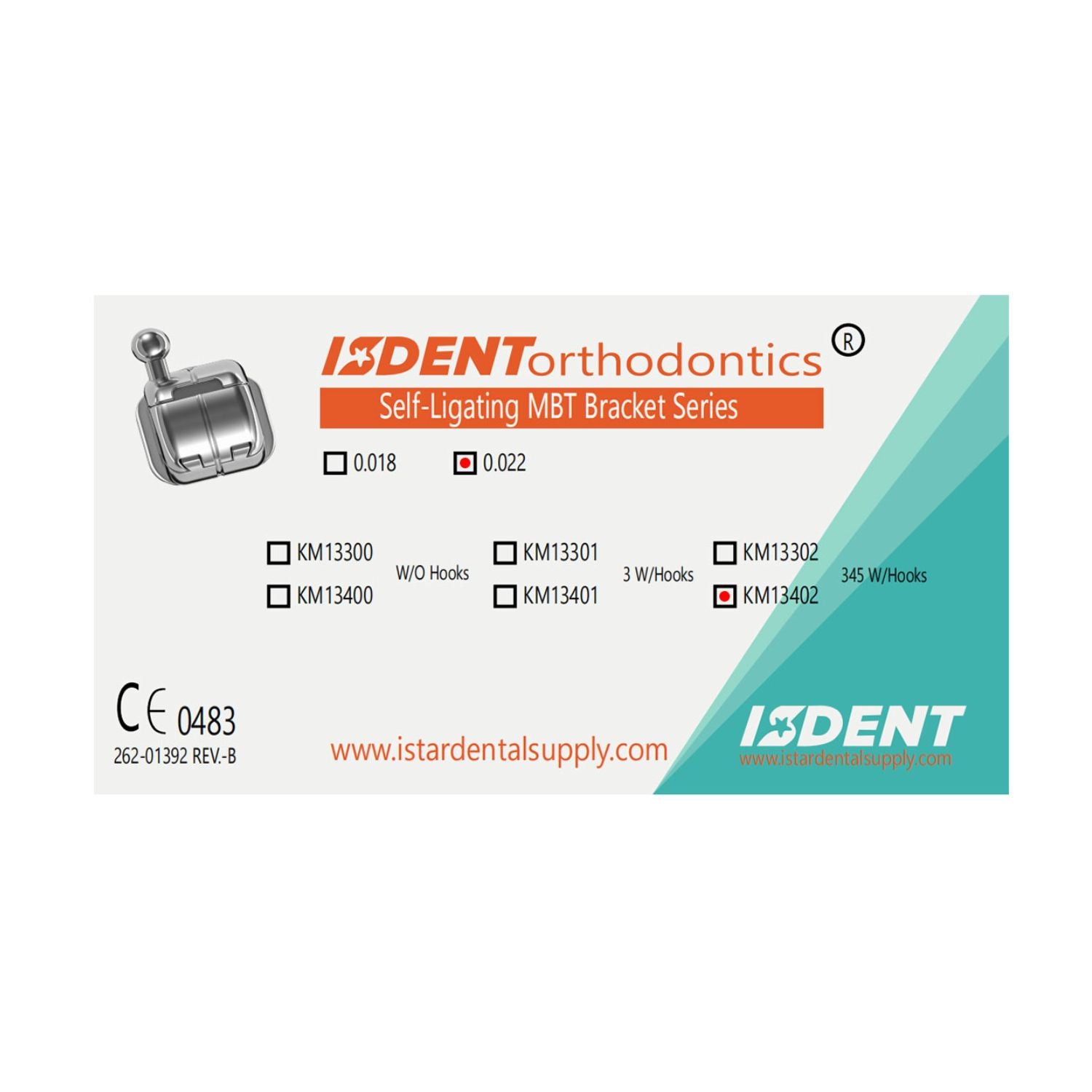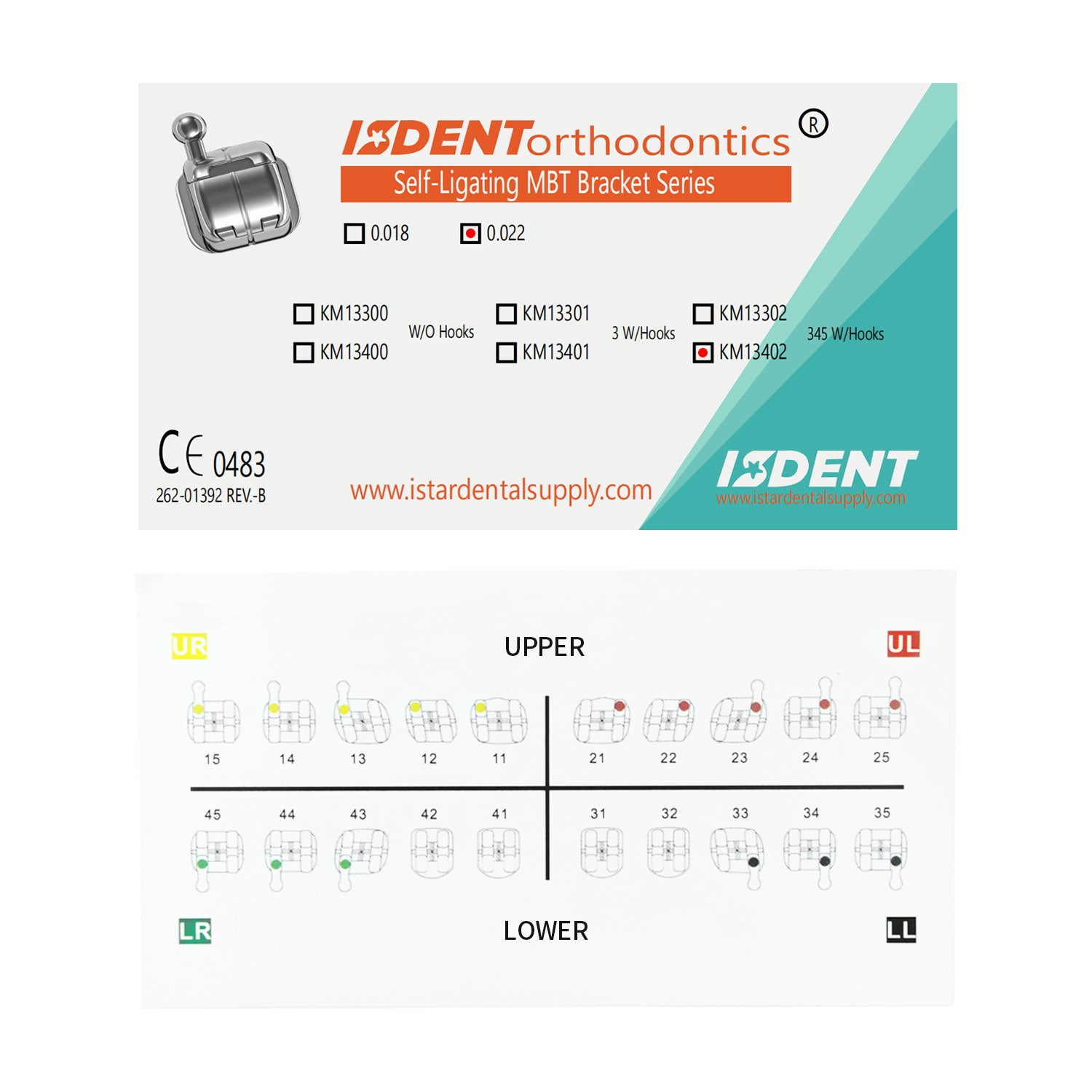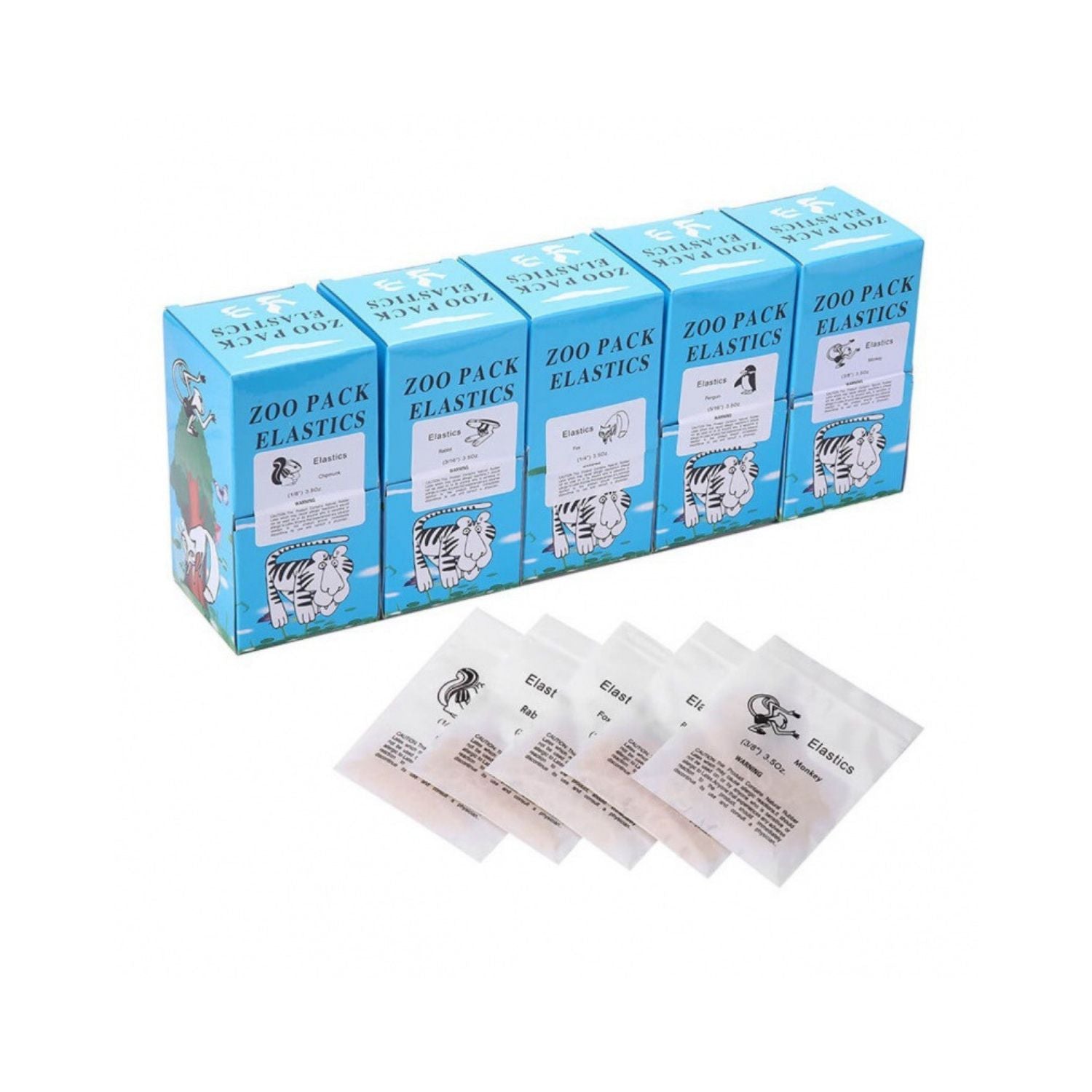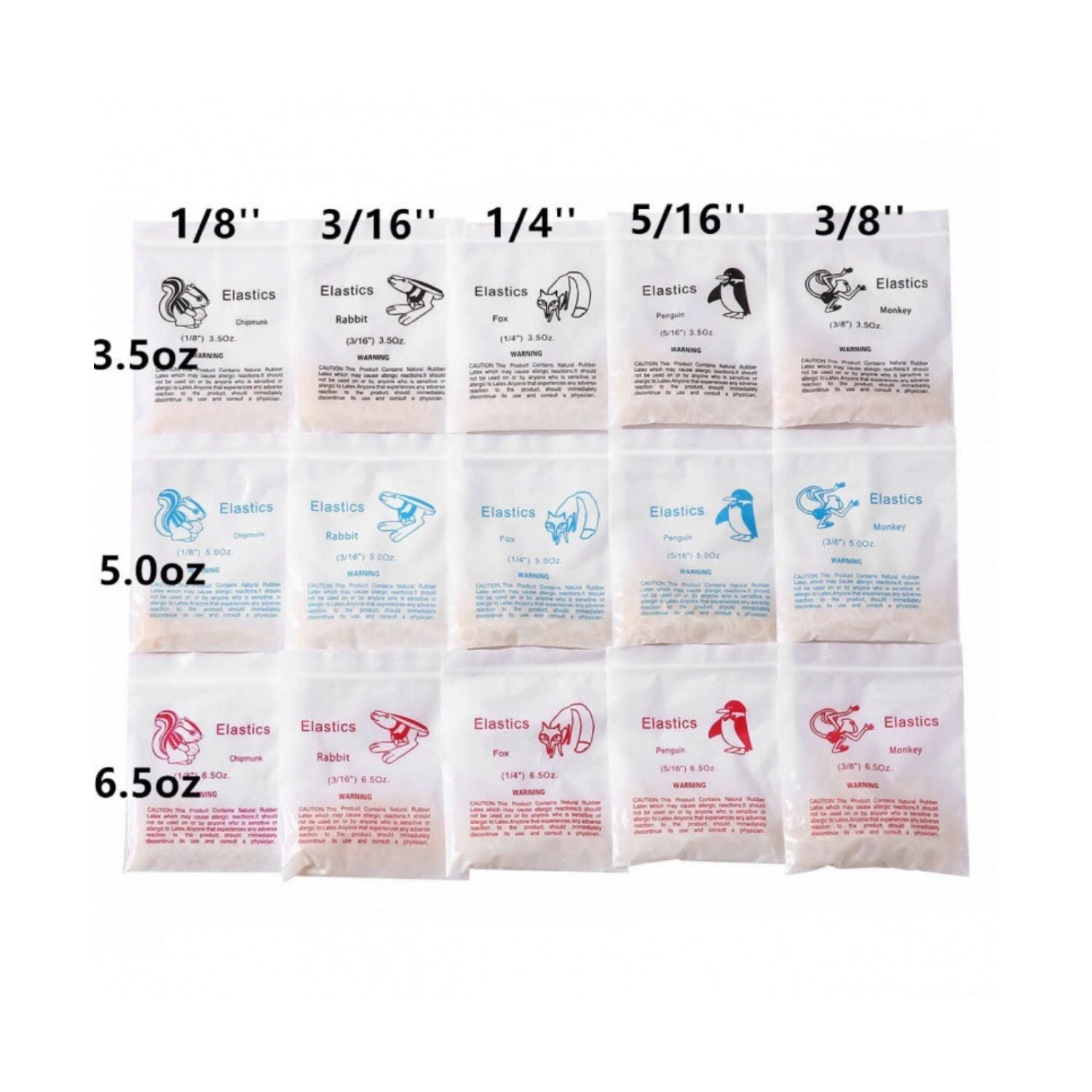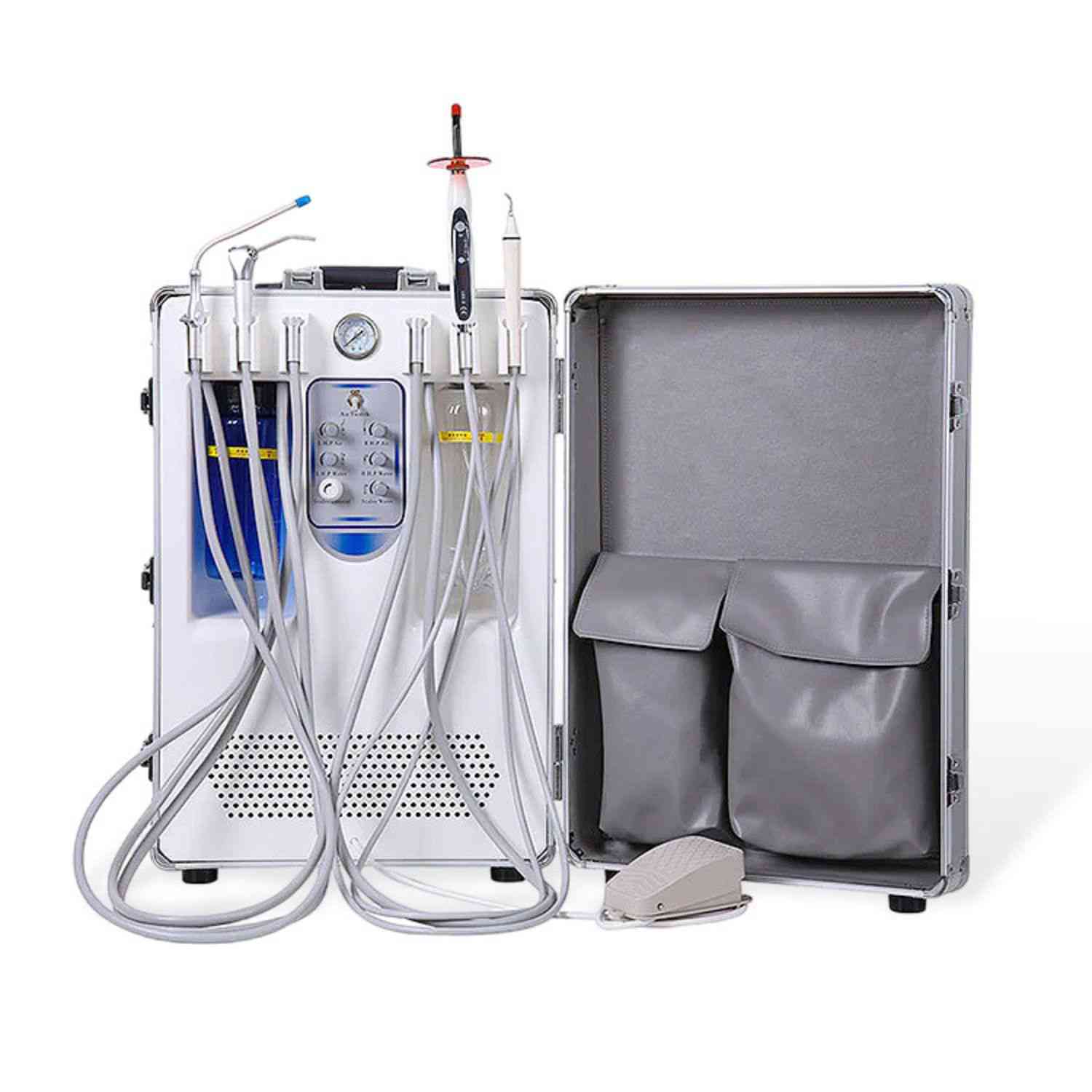Zirconia Dental Crowns: Advantages and Disadvantages to Consider
Restoring a damaged tooth is crucial for maintaining a healthy smile. Among the various options available, zirconia dental crowns have gained popularity for their strength and natural appearance. But are they the right choice for you? In this guide, we'll explore the advantages and disadvantages of zirconia crowns to help you make an informed decision. Read on to discover whether a zirconia crown is the best option for your dental needs.
What Is a Zirconia Crown?
A zirconia crown is a type of dental crown made from zirconium dioxide, a durable and robust ceramic material. This dental restoration is known for its exceptional strength and durability, closely resembling natural teeth in appearance.
How Is a Zirconia Crown Made?
The crown is made from zirconia using advanced dental technology. A digital impression of your tooth is taken, and the crown is milled from a solid block of zirconia ceramic. This process ensures a precise fit and reduces the need for multiple dental visits.
Types of Dental Crowns: An Overview
Understanding the different types of dental crowns helps in comparing options:
- Metal Crowns: Made of gold or alloy; very strong but lack aesthetic appeal.
- Porcelain Crowns: Natural-looking but less durable.
- Porcelain Fused-to-Metal (PFM) Crowns: Metal base with a porcelain exterior; stronger than all-ceramic but may show metal edges over time.
- All-Ceramic Crowns: Metal-free and aesthetically pleasing.
- Zirconia Crowns: Combining the strength of metal crowns with the aesthetics of porcelain.
Advantages of Zirconia Crowns
Strength and Durability
One of the most significant advantages of zirconia crowns is their strength and durability. They are zirconia crowns are durable enough to withstand the biting forces on both front and back teeth.
- Long-lasting: Zirconia crowns can last between 10-15 years or even longer with proper care.
- Less Wear: Resistant to chipping and cracking compared to other materials.
Aesthetics and Appearance
Zirconia dental crowns offer a natural-looking appearance, closely mimicking natural teeth.
- Translucency: The material's translucency provides a more realistic look than traditional crowns.
- Color Matching: Easily matched to the shade of surrounding teeth.
Biocompatibility
The biocompatibility of zirconia means there’s a reduced risk of allergic reactions.
- Metal-Free: Ideal for patients with metal sensitivities.
- Gentle on Gums: Less irritation to the surrounding gum tissue.
Minimal Tooth Preparation
Zirconia crowns require less removal of the original tooth structure, preserving more of your natural tooth.
Explore Our Dental Equipment for High-Quality Restorations

Potential Disadvantages of Zirconia Crowns
While there are many benefits, there are also potential disadvantages to consider.
Cost Factors
- Higher Cost: The zirconia crown cost is typically higher than other crowns due to material expense and manufacturing process.
Wear on Opposing Teeth
- Hardness Issue: The hardness of zirconia ceramic can cause wear on opposing teeth, especially if not properly polished.
Limited Long-Term Data
- New Material: As a newer option in dentistry, there's less long-term data on zirconia crowns' performance over decades.
Learn About Our Affordable Options for Dental Crowns
Types of Zirconia Crowns
There are several types of zirconia crowns available:
Monolithic Zirconia
- Construction: Made from a single block of monolithic zirconia.
- Advantages: Extremely durable and less likely to chip.
- Ideal For: Back teeth where strength is a priority.
Layered Zirconia
- Construction: Zirconia core with a layered porcelain exterior.
- Advantages: Enhanced aesthetics for a more natural look.
- Ideal For: Front teeth where appearance is crucial.
Zirconia Crowns vs. Porcelain Crowns
Comparing zirconia crowns with porcelain crowns:
- Durability: Zirconia crowns are durable and less prone to fractures.
- Aesthetics: Porcelain offers excellent aesthetics but is less durable.
- Biocompatibility: Both are metal-free and biocompatible.
- Cost: Zirconia is generally more expensive.
Do Zirconia Crowns Affect Dental Implants?
Zirconia crowns are an excellent option for dental implant restorations.
- Strength: Supports the implant without compromising on durability.
- Aesthetics: Provides a natural look, essential for visible areas.
Discover Our Dental Implant Solutions
How Durable Are Zirconia Dental Crowns?
Zirconia crowns last longer than many other crown types due to their robust nature.
- Resistance: Highly resistant to wear, chipping, and cracking.
- Longevity: With proper care, they can last over 15 years.
Potential Disadvantages to Consider
Wear on Opposing Teeth
The hardness of zirconia ceramic means that opposing teeth might experience wear.
- Solution: Polishing the crown can reduce abrasiveness.
Cost Considerations
Zirconia crowns typically come at a higher price point.
- Investment: Consider long-term durability against initial cost.
How Much Does a Zirconia Crown Cost?
The cost of a zirconia crown can vary based on location, dentist, and complexity.
- Average Cost: Generally ranges higher than porcelain or metal crowns.
- Insurance: Some dental insurance plans may cover a portion of the cost.
Check Out Our Competitive Pricing on Dental Crowns
Caring for Zirconia Crowns
Maintenance is similar to caring for natural teeth.
- Oral Hygiene: Regular brushing and flossing.
- Dental Visits: Routine check-ups with your dentist.
- Avoid Hard Foods: Reduce the risk of damaging the crown.
Are Zirconia Crowns Right for You?
Consider the advantages and disadvantages in relation to your specific needs.
- Ideal For: Those seeking durability and aesthetics.
- Consultation: Discuss with your dentist to determine suitability.

Frequently Asked Questions
1. How long do zirconia crowns last?
Zirconia crowns can last 10-15 years or longer with proper care.
2. Do zirconia crowns stain?
They are resistant to staining, helping maintain their appearance over time.
3. Can zirconia crowns be used for bridges?
Yes, their strength makes them suitable for crowns and bridges.
4. Are zirconia crowns safe for metal allergies?
Absolutely, as they are metal-free and biocompatible.
5. Do zirconia crowns look natural?
Yes, especially with translucent zirconia, they closely mimic natural teeth.
Conclusion
Zirconia dental crowns offer a blend of strength, durability, and natural aesthetics, making them a compelling choice for tooth restoration. While there are potential disadvantages, such as cost and wear on opposing teeth, the benefits often outweigh the drawbacks.
At ISTAR Dental Supply, we specialize in providing high-quality dental equipment and restorations. Our commitment to excellence ensures that both dentists and patients receive the best products available.
Ready to explore zirconia crowns for your practice or personal dental needs? Contact us today to learn more about how we can assist you.
Key Takeaways
- Zirconia crowns are a durable and aesthetically pleasing option for tooth restoration.
- Advantages include strength, natural appearance, and biocompatibility.
- Potential disadvantages are higher cost and possible wear on opposing teeth.
- Proper care can extend the lifespan of a zirconia crown beyond 15 years.
- Consult with a dentist to determine if a zirconia dental crown is right for you.
Improving smiles, one tooth at a time.

